Title: Armoured Cable vs. Rubber Cable: Choosing the Right Option for Your Business Introduction: When it comes to electrical installations and industrial projects, selecting the most suitable cable is crucial. Armoured cables and rubber cables are two commonly used options with distinct characteristics and applications. This article aims to provide a comprehensive comparison between armoured cables and rubber cables, helping businesses make an informed decision based on their unique requirements. 1. Understanding Armoured Cable: Armoured cables are known for their robust construction, featuring a protective layer typically made of steel wire or aluminum. This armor provides exceptional mechanical protection against impacts, abrasions, and external pressures. Additionally, armoured cables offer enhanced resistance to moisture, chemicals, and UV radiation.
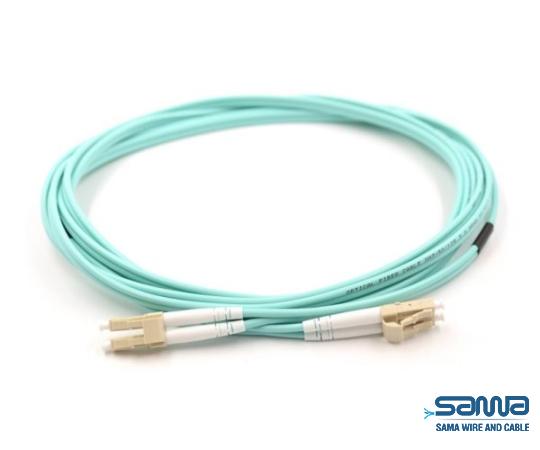
.
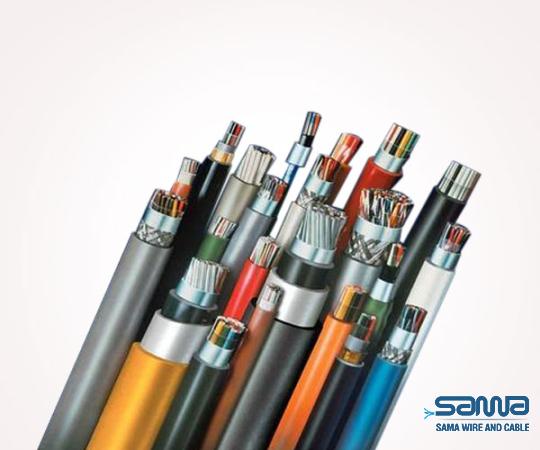 Applications: a) Outdoor: Armoured cables are ideal for outdoor installations, such as underground power distribution, direct burial, and wiring in hazardous environments. b) Industrial: They are commonly found in heavy-duty applications like construction sites, factories, and industrial plants. Advantages: a) Enhanced durability: Armoured cables can withstand adverse weather conditions and mechanical stress, ensuring reliable performance over extended periods. b) Safety: Their protective armor offers additional protection against accidental damage, ensuring the safety of personnel and equipment. c) Longevity: Armoured cables provide a longer lifespan compared to rubber cables, making them a cost-effective choice in the long run.
Applications: a) Outdoor: Armoured cables are ideal for outdoor installations, such as underground power distribution, direct burial, and wiring in hazardous environments. b) Industrial: They are commonly found in heavy-duty applications like construction sites, factories, and industrial plants. Advantages: a) Enhanced durability: Armoured cables can withstand adverse weather conditions and mechanical stress, ensuring reliable performance over extended periods. b) Safety: Their protective armor offers additional protection against accidental damage, ensuring the safety of personnel and equipment. c) Longevity: Armoured cables provide a longer lifespan compared to rubber cables, making them a cost-effective choice in the long run.
..
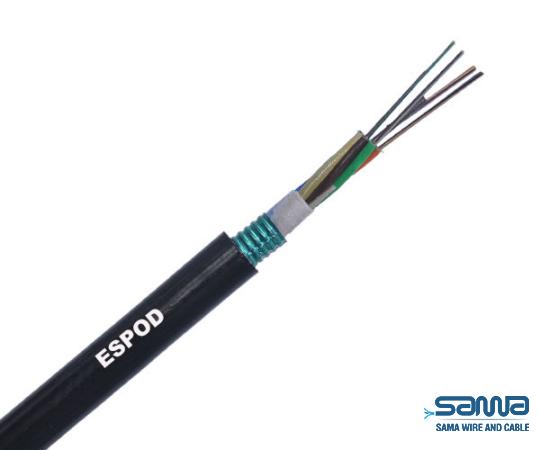 2. Understanding Rubber Cable: Rubber cables are known for their flexible and versatile nature, making them a popular choice in various industries. Made from specialized rubber compounds, these cables offer excellent resistance to oils, solvents, and chemicals. Rubber cables also exhibit high flexibility, making them easy to install and maneuver. Applications: a) Indoor: Rubber cables are commonly used in indoor environments where a high degree of flexibility is required. This includes applications like temporary power supply, equipment wiring, and portable tools. b) Construction: They are extensively used on construction sites due to their ability to withstand rough handling and challenging conditions. Advantages: a) Flexibility: Rubber cables can be bent and twisted without damaging the conductors, making them highly adaptable to various installation scenarios.
2. Understanding Rubber Cable: Rubber cables are known for their flexible and versatile nature, making them a popular choice in various industries. Made from specialized rubber compounds, these cables offer excellent resistance to oils, solvents, and chemicals. Rubber cables also exhibit high flexibility, making them easy to install and maneuver. Applications: a) Indoor: Rubber cables are commonly used in indoor environments where a high degree of flexibility is required. This includes applications like temporary power supply, equipment wiring, and portable tools. b) Construction: They are extensively used on construction sites due to their ability to withstand rough handling and challenging conditions. Advantages: a) Flexibility: Rubber cables can be bent and twisted without damaging the conductors, making them highly adaptable to various installation scenarios.
…
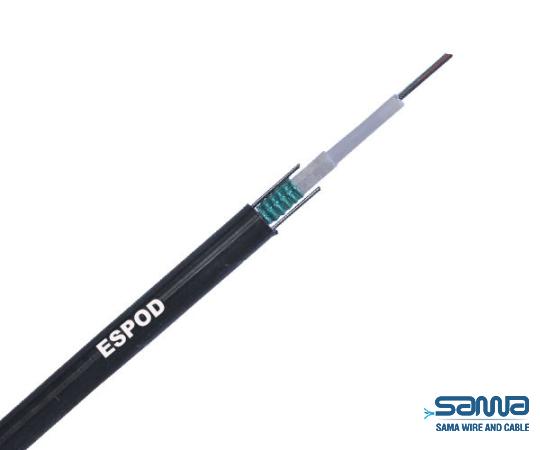 b) Easy installation: Their pliable nature simplifies installation and reduces labor costs as they can be routed through tight spaces with ease. c) Resistance: Rubber cables excel in their resistance to oils, solvents, and chemicals, ensuring reliable performance even in harsh environments. Conclusion: Choosing between armoured cables and rubber cables ultimately depends on the specific requirements of each business. While armoured cables offer superior mechanical protection and longevity, rubber cables provide flexibility and resistance to chemicals. Considering factors such as environment, application, and budget constraints will guide businesses in making the right choice for their electrical installations.
b) Easy installation: Their pliable nature simplifies installation and reduces labor costs as they can be routed through tight spaces with ease. c) Resistance: Rubber cables excel in their resistance to oils, solvents, and chemicals, ensuring reliable performance even in harsh environments. Conclusion: Choosing between armoured cables and rubber cables ultimately depends on the specific requirements of each business. While armoured cables offer superior mechanical protection and longevity, rubber cables provide flexibility and resistance to chemicals. Considering factors such as environment, application, and budget constraints will guide businesses in making the right choice for their electrical installations.
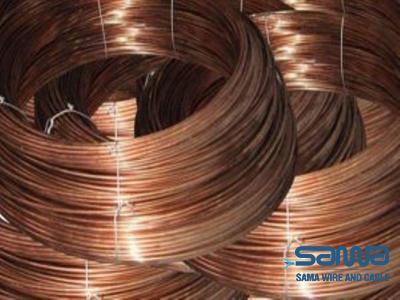
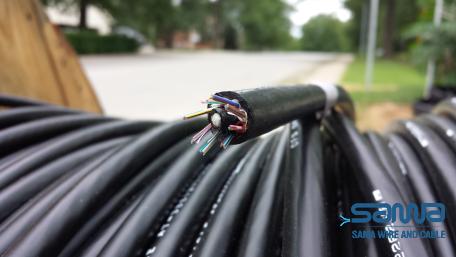
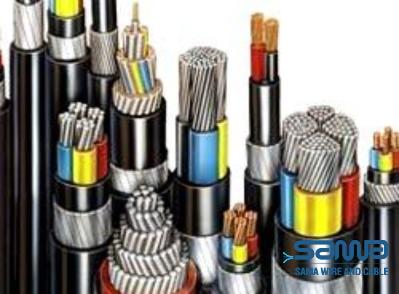

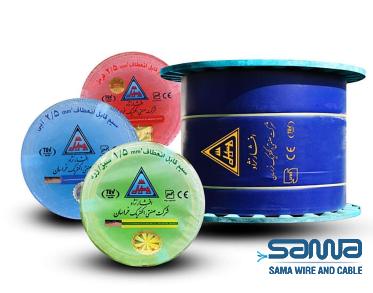
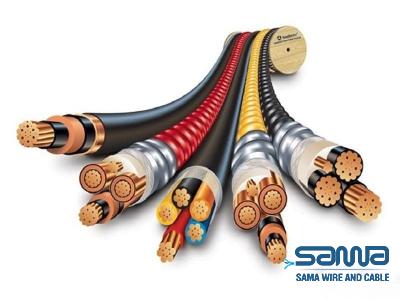
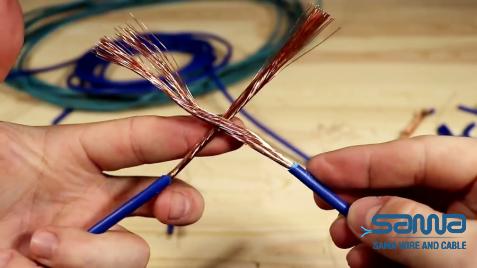
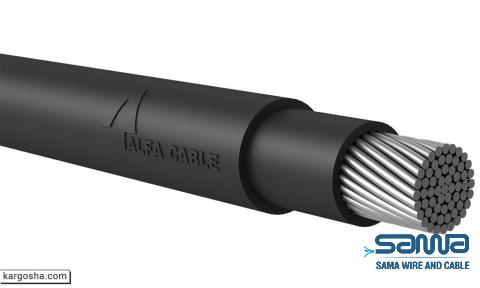
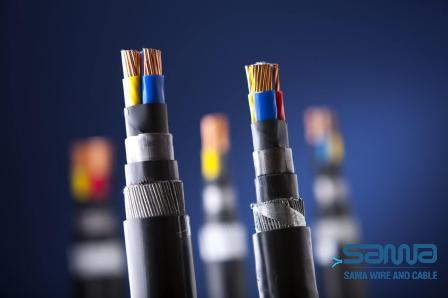
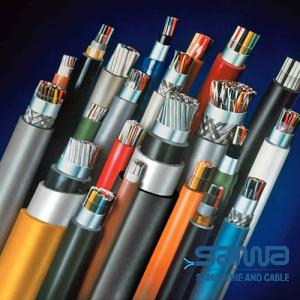
Your comment submitted.